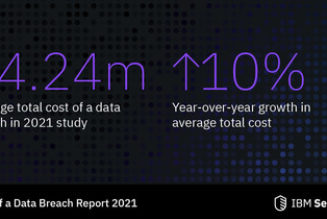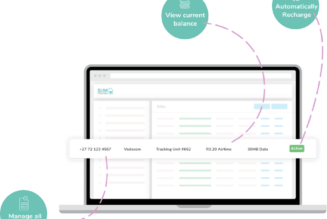Opera’s African fintech startup OPay remains committed to building a multi-service super app in Nigeria as the foundation to expand on the continent.
OPay will also continue to operate ORide for limited passenger service — though the company is shifting the motorcycle ride-hail operation toward logistics businesses.
These updates were offered by Opera’s VP of Investor Relations and advisor to Opay, Derrick Nueman speaking to TechCrunch. Opera’s plans are coming to fruition in the context of fierce competition among fintech and mobility companies in the West African country. Nigeria is home to the continent’s largest economy, biggest population and is the top destination for VC to African startups, as of 2019.
In 2018, Opera launched the Opay mobile money platform in Lagos, riding on the heels of the popularity of its internet search engine in Africa. A year later, the Norway-based, Chinese-owned company sent jitters through Nigeria’s startup world when it rallied investors to back OPay with $170-million in venture capital.
/* custom css */
.tdi_3_7cf.td-a-rec-img{ text-align: left; }.tdi_3_7cf.td-a-rec-img img{ margin: 0 auto 0 0; }
Opera tapped this capital to build a large suite of internet-based commercial products in Nigeria, using Opay as the financial utility. In a 2019 prospectus, Opera referred to this multi-product strategy as creating “Africa’s super app.”
With the pursuit of this platform, OPay was put in direct competition with dozens of local startups — such as payment firm Paga and logistics venture Max.ng. However, Opera remains committed to the super app strategy, according to Nueman. He referred to OPay as “the glue that holds it all together and within there you can offer all sorts of products.”
Nueman compared the approach to other multi-service internet services models such as Grab or Gojek.
“It’s taking what has worked in Asia and ascribing it to Africa and that to my knowledge is still the plan,” he says.
Opay isn’t the only service Opera has tested in the African market. Indeed, the company has tested a large list of services verticals in Nigeria, its difficult to keep track. These include:
- OMall, a B2C e-commerce app
- OTrade, a B2B e-commerce platform
- OExpress, a logistics delivery service
- OFood, for restaurant delivery
- ORide, a motorcycle ride-hail service
OPay — whose Nigerian country manager is Iniabasi Akpan — is also moving into device sales with Olla, a mobile phone line pre-loaded with its apps.
In terms of ORide in particular, there has been some speculation whether or not the motorcycle ride-hail service will continue, particularly after Nigeria’s Lagos State severely restricted two-wheeled, on-demand passenger services early this year.
According to Nueman, ORide is still offering limited ride-hail taxi services. “On the passenger side, it continues to operate where it can.” Many of motorcycles are being transitioned to other functions within OPay.
“What they’ve done is redirected a bunch of their drivers to do things like delivery and logistics,” says Nueman.
Several of ORide’s competitors have also shifted away from passenger transit and toward delivery logistics in response to regulatory restrictions on motorcycle taxis.
Despite all of this, Opera is still planning to take its super app model across Africa. “OPay continues to look into other markets. The idea is to take what’s worked in Nigeria and export it,” the VP says.
Opera has named Ghana, South Africa and Kenya as potential growth markets. But these expansions have since been put into questions with the world-changing impact of the COVID-19 pandemic. Now, Nueman is saying the expansion all depends on obtaining the proper licenses and then, gauging shifting variables related to COVID-19 in Africa.
On OPay’s plans to weather a stormy economic environment in its primary market, Opera’s Nueman points to the company’s VC coffers.
“At a high level, if you don’t need capital, or your well funded, you’re ahead of the game,” he says.
Nueman also highlights the growth of OPay’s payment volume. “Between January and April…the offline and online transaction volume increased by 44%. So even in the lockdown, it’s doing really well.”
Still, recession and restricted movement could make business as difficult for OPay in Nigeria as its competitors. Opay hopes its higher capital and the ability to endure a higher burn-rate will allow Opay to gain more of an advantage in the current market over its competitors. But it will take more time to determine if OPay can align its super app products to local consumer preferences as well (or better) than offerings by local tech companies.
Edited by Luis Monzon
Follow Luis Monzon on Twitter
Follow IT News Africa on Twitter
/* custom css */
.tdi_4_9ab.td-a-rec-img{ text-align: left; }.tdi_4_9ab.td-a-rec-img img{ margin: 0 auto 0 0; }








